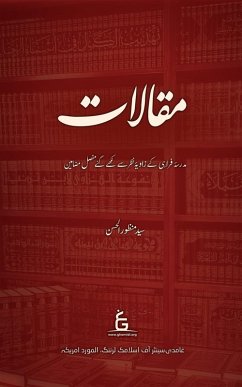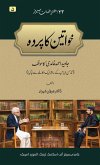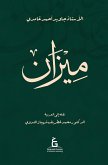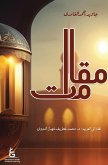This collection consists of various essays written from time to time to address different educational and explanatory needs. The essays Compilation and Codification of ¿ad¿th and Basic Terminologies of ¿ad¿th Science summarize the topics covered under the history and principles of ¿ad¿th as taught in universities and madrasahs. These essays clarify that the study and verification of ¿ad¿th are neither confined to any single individual nor restricted to a particular era. This process is ongoing, with new scholars continually examining the corpus and presenting fresh insights. The essay The Authority of ¿ad¿th and Sunnah: A Comparative Analysis of the Farahi School's Position is a summary of the author's MPhil thesis. It establishes that the claim that the Farahi School denies the authority of ¿ad¿th and Sunnah is a baseless accusation with no place in religion or ethics. Citing Arabic Language and Literature in Qur¿¿nic Exegesis was written during the author's university studies. The Prophetic Mission of ¿¿s¿ (Jesus) was composed during the drafting of the book Nuz¿l-e-Mas¿¿: Javed Ahmed Ghamidi's Stance. In Islam and Imagery and Islam and Music, the discussions on these topics have been critically analyzed in light of Javed Ahmed Ghamidi's perspective. These essays argue that imagery and music fall within the realm of natural human allowances (mub¿¿¿t al-fi¿rah). Islamic law affirms their inherent permissibility and does not issue an absolute prohibition or condemnation against them.
Bitte wählen Sie Ihr Anliegen aus.
Rechnungen
Retourenschein anfordern
Bestellstatus
Storno









